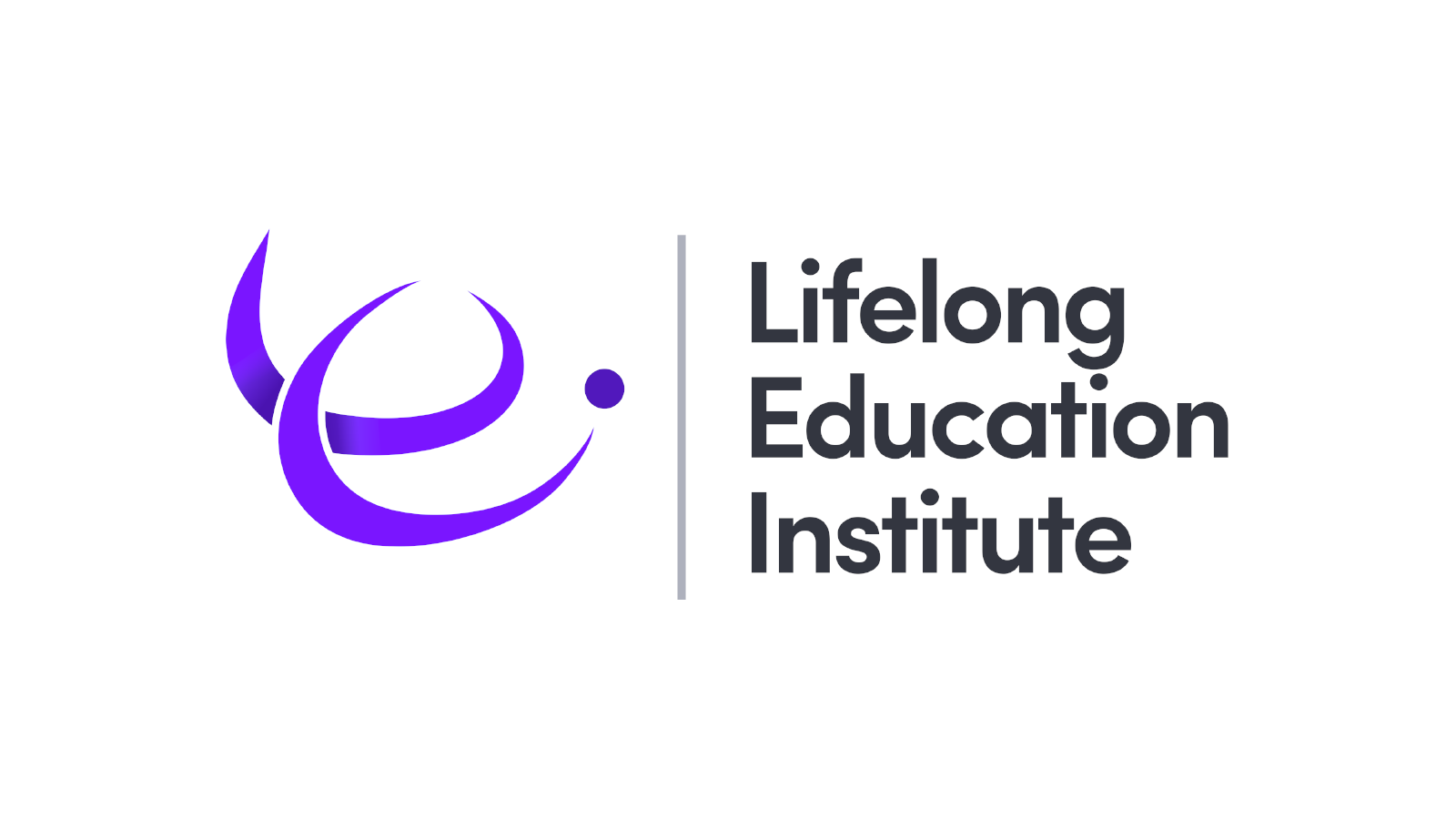The suicide of headteacher Ruth Perry following an inspection which downgraded her school, has sparked a wave of criticism of Ofsted. This tragic incident has brought to the boil concerns about the English inspection system that have been simmering for a long time, including in the FE & Skills sector. Here we focus primarily on post-16 education, but many of the issues are relevant across all education phases. There are three sets of concerns that have repeatedly been raised.
High-stakes inspections. Ofsted has adopted what has been described as a “high-stakes” system. Not only are inspection reports made available to the public, but the consequences of a poor inspection result are severe, impacting staff morale, institutional reputation, and in the worst cases student recruitment and consequently financial health. In contrast, most other countries have inspection systems where reports are not made available to the public, and where there aren’t such punitive consequences for institutions. It’s interesting to note that this includes Scotland, Wales and Northern Ireland. Most studies have concluded that countries which don’t use an Ofsted-style approach have a quality assurance and improvement system at least as effective as England’s.
Broad-brush inspection judgments. There are relatively few complaints about the validity of Ofsted judgments or the professional conduct of inspections. The main criticism is of the insistence on a single overall judgment, along with a small number of headline judgments on key aspects of performance. Further Education colleges receive judgments on up to four different types of provision: 16 – 19 year olds, adults, apprenticeships and high needs, plus cross-cutting themes such as students’ personal development. The headline judgment is based on averaging out performance across several areas. So a school or college with an excellent Science department, for example, will still end up with a poor judgment if other departments are not performing well. This is particularly problematic for a large FE college, where in practice only a selection of departments are chosen to be inspected for practical reasons of time and resource.

